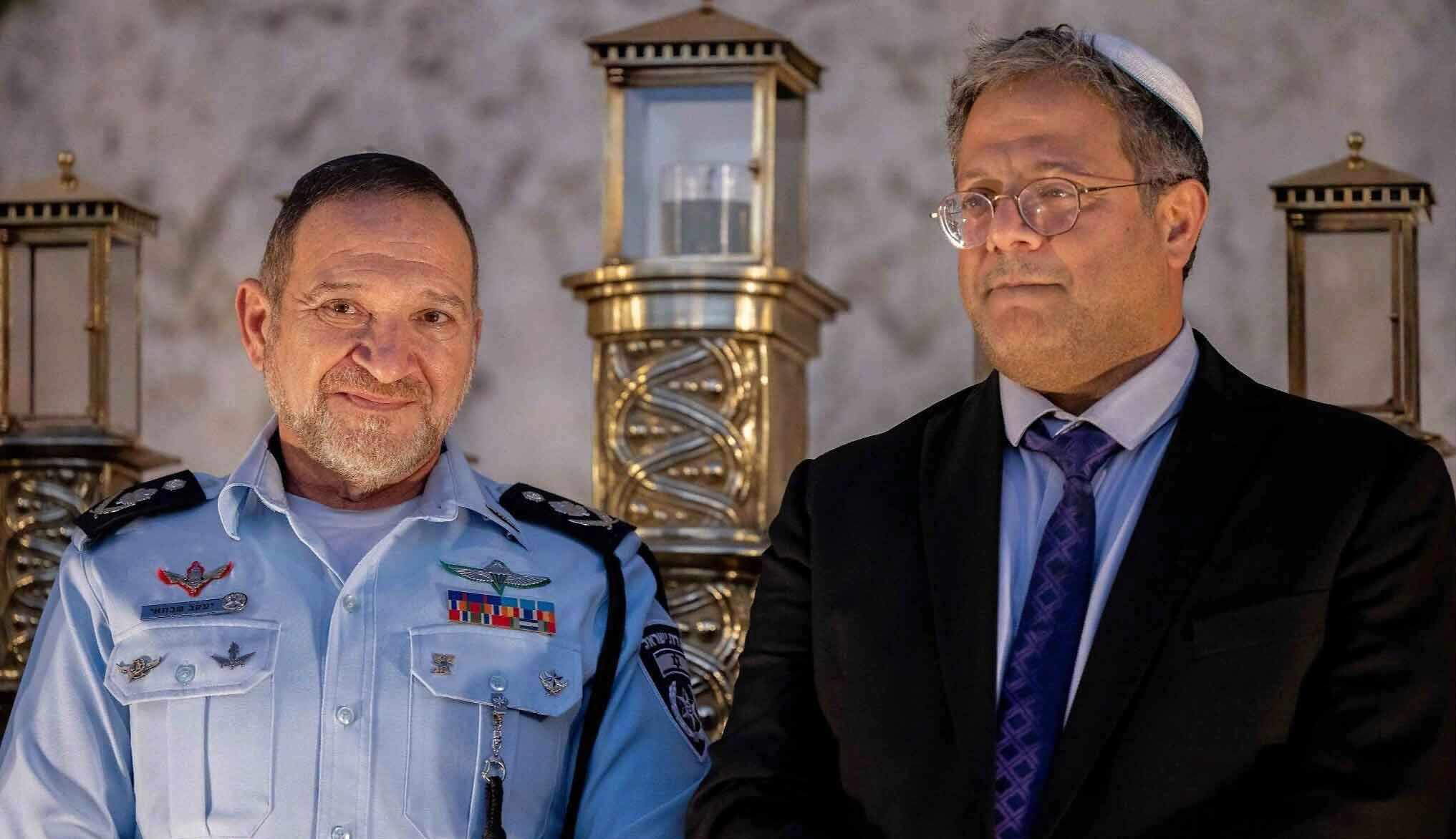Tension continues to rise between the Israeli Minister of National Security, the far-right Itamar Ben Gvir, and police chief Kobi Shabtai, this time over the government’s decision to create the National Guard.
A local television revealed that Ben Gvir prohibited Shabtai from attending a Cabinet meeting that would discuss the formation of that armed body, to which the latter responded with a harsh letter against the initiative. The utility of this institution is not clear, it can even create serious operational failures, the official warned.
Shabtai wondered the reason for forming the National Guard, “whose areas of responsibility and authority overlap with those of the police.”
This Sunday the right-wing coalition will discuss reducing the budget of 83 government agencies by 1.5 percent to finance the new military corps.
Faced with a wave of protests in the country, Prime Minister Benjamin Netanyahu was forced last week to postpone the parliamentary discussion of a judicial reform, a decision criticized by Ben Gvir, a partner of the alliance, who threatened to leave the Executive. In exchange for the minister’s backing, the head of government promised to form a National Guard and put it under his command.
Since the conservative executive came to power at the end of last year, the minister and the police chief clashed on several occasions, due to the former’s attempts to influence that institution. The tension reached its peak in early April, when Ben Gvir dismissed the commander of that agency in Jerusalem, Ami Eshed, a decision frozen by Israel’s attorney general, Gali Baharav.
Almost simultaneously, some 40 former police chiefs called on Netanyahu to remove Ben Gvir, warning that his actions will spark a new intifada (Palestinian uprising). In a letter sent to the prime minister, and excerpts of which were released by the Arutz Sheva news portal, five former commissioners and 33 former superintendents warned that Ben Gvir “acts against the powers granted to him by law.”
The minister interferes in the decision-making process of operational events and uses the body for his political purposes, denounced the signatories, including former commissioners Roni Alsheikh, Shlomo Aharonishki, Asaf Hefetz, Rafi Peled and Moshe Karadi.
Known for his rhetoric against Palestinians and Arabs, Ben Gvir is a strong supporter of the annexation of the West Bank. Before becoming an MP, he kept a photo of Baruch Goldstein, who murdered 29 Palestinians in the Cave of the Patriarchs in 1994, in his living room for years. The minister has been accused in the past more than 50 times and convicted eight times for riots, vandalism and incitement to racism.


